Health and fitness: How to keep your bones strong and healthy
New research links low bone density to a decline in brain function. Here’s what the experts recommend to keep your skeleton strong.

Bone is a living tissue, constantly replenishing itself with new cells provided we boost it with nutrition and physical activity. Keeping your bones in robust health will help to protect against osteoporosis. Not only does the condition cause 50 per cent of women and 20 per cent of men over 50 to break a bone, emerging evidence suggests it might play a role in the decline of brain function.
In a new study published in the journal Neurology, a team of Dutch researchers from Erasmus University Medical Centre in Rotterdam reported how people with low bone density may have an increased risk of developing dementia compared to people with better bone strength. In an eleven-year study of 3,651 people with an average age of 72, none of whom had dementia at the start of the investigation, 688 people or 19 per cent of participants went on to develop the condition. When the researchers cross-referenced cognitive tests with x-rays of bone density taken every four to five years, they discovered that a significantly higher number of those with the lowest body bone density scores had developed dementia compared to people with good bone health.
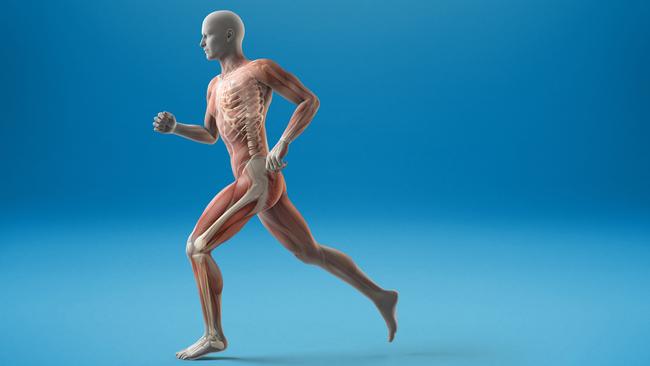
Researchers have previously hinted at an association between the two conditions, with some indicating that weak bones were a result of reduced physical activity and poor nutritional habits of people with age-related cognitive decline. However, the Dutch team showed that participants with the lowest bone density were 42 per cent more likely to develop dementia than people in the highest group, suggesting bone density reduction might precede cognitive decline. “Our study found that bone loss indeed already occurs before dementia and thus is linked to a higher risk of dementia,” says the lead author, Mohammad Arfan Ikram, professor and head of neuroepidemiologic research at Erasmus University Medical Centre. Dr Nicola Peel, NHS consultant in metabolic bone medicine and chairwoman of the ROS’s clinical committee, says the findings raise important questions. “It is a well-conducted study that shows the reasonably consistent finding that people with low bone density are more likely to get dementia and that this association is greater than chance alone,” she says. In women a decline in the brain and bone-protecting hormone oestrogen may play a role, but Peel says “the mechanism of the association in men and women is complex and needs more thorough investigation”.
What can we do to keep bones healthy? We know the skeleton responds well to a diet that contains key bone nutrients and it is recommended adults get 700mg calcium a day, although some may benefit from getting as much as 1,000mg of the mineral daily. Dairy is renowned as one of the best calcium sources and vitamin D from sunshine and in supplement form is also important. The ROS recommends eating a wide range of foods – including almonds and nut milk drinks, pulses, sesame seeds, leafy greens, prunes and dried fruit – to ensure you get plenty of other bone-boosting nutrients, as well as adding weight-bearing exercises to your fitness regimen. As scientists discover other ways to keep the skeleton strong, here’s our bone-boosting guide:

Don’t rely on vitamin D
Vitamin D is “extremely important for bone health”, says Ian Varley, associate professor in exercise physiology at Nottingham Trent University. Partly this is because it enables the gut to absorb and utilise other bone-friendly nutrients such as calcium and phosphate obtained in the diet. The government recommends a supplement of just 10mcg between October and April when sunlight, the main source, is scarce, although an ROS survey found that 54 per cent of people don’t take it.
“If you are deficient in vitamin D or prone to low levels because you don’t spend much time outdoors and don’t get it from food, then a dietary supplement of 10mcg is probably necessary all year round,” Varley says.
A supplement won’t work in isolation, however - you’ll need to address other aspects of bone health such as calcium intake and exercise. Last year a New England Journal of Medicine study reported that healthy adults in their fifties or older who took vitamin D daily for five years did not have a lower risk of fractures than people who didn’t take the supplement.
“You can also get too much vitamin D,” Varley says. “In one study older people with osteoporosis who were given very high doses of vitamin D had an increased risk of fractures because their muscles were weakened by toxicity and they were prone to falling and breaking bones.” Advice from the NHS is “not to take more than 100mcg (4000IU) a day as it could be harmful”, so beware of supplements containing such high amounts.

Women, spend two minutes jumping
Weight-bearing and high-impact exercises – anything that requires you to carry your own bodyweight through a series of jumps and jolts – work by applying forces that pull down on the skeleton to strengthen it and are essential for maintaining healthy bones. Running, dancing and sports that involve an element of jumping such as tennis, basketball and football are fantastic for bones.
If you don’t have time for those then two minutes of specific bone-building exercises performed three times a week could make a difference, according to a research team from the University of Hull and Manchester Metropolitan University. Performing one jump or high skip from standing every four seconds – or even every 15 seconds if you wanted a longer rest – helped to maintain strong bones in early post-menopausal women in their fifties. “Jumps and jolts are fantastic for bone health,” Peel says. “We should all do them often if we can.”
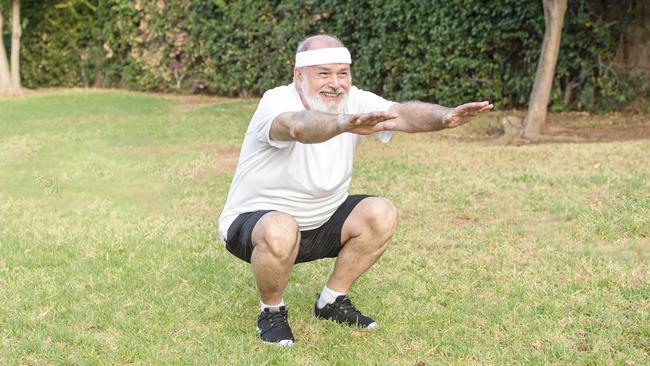
Men, do more hops, lunges and squats
High-impact, weight-bearing exercise is as important for men as it is for women, with weight and resistance training shown to be beneficial for boosting male bone health. A University of Missouri study of men aged 25-60 with low bone mass found that both those who performed resistance training exercises such as weighted lunges and squats twice a week or a jumps workout including single-leg and double-leg jumps and hops three times a week for a year had lower levels of a protein called sclerostin, which has a negative effect on bone formation. Both exercise groups also displayed higher levels of IGF-1, a hormone associated with bone strength. “Anything that puts the skeleton under this beneficial stress is helpful for men as well as women,” Peel says. “When your muscles pull on your bones it gives them extra work to do and they respond by renewing themselves and maintaining or improving their strength.”

Adjust your coffee intake
A high intake of caffeine (about 6-8 cups of coffee a day) has been shown to leach calcium from bones and excrete it in urine, but two or three cups daily has been shown to have a potential bone-boosting effect. A study published in the Journal of Clinical Endocrinology and Metabolism found that metabolites of coffee produced during its digestion appeared to produce better bone density in the lumbar spine and necks of habitual coffee drinkers. “I’ve been involved in osteoporosis research for three decades and the consensus is that moderate caffeine probably won’t make much difference to bone health,” Peel says. “And an occasional high intake is unlikely to be harmful either.”
Move your meal times
Time-restricted eating such as the 14:10, which requires calories to be consumed within 10 hours, and intermittent fasting such as the 5:2, restricting calories on two days a week, could be beneficial provided they are done regularly and long term and – crucially – don’t skimp on the essential bone nutrients, Varley says. In a study he conducted with Dr David Clayton, researcher in nutrition and exercise physiology at Nottingham Trent University, published in the British Journal of Nutrition this month, Varley reviewed all the available evidence examining the effects of intermittent fasting diets on bone density. “When fasting was intermittent in nature as it is in approaches like the 5:2 and time-restricted eating there were no negative effects and possibly lots of benefits for our bones,” he says. “Changes in the gut microbiota and hormonal responses through this type of moderate intermittent fasting seem to positively affect bones.”
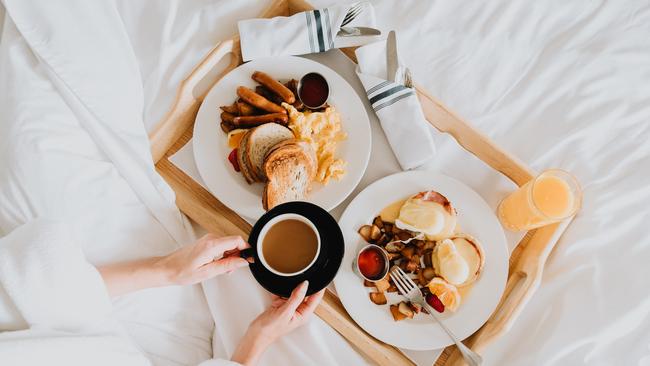
But don’t skip breakfast
Skipping breakfast is probably a bad idea, Clayton suggests. “In studies I have carried out on meal timings I have found that the key thing for general health and bone health is to avoid eating too late,” he says. “Fasting from 4pm, or at the latest 6pm, onwards triggers a positive response from hormones involved in bone metabolism.” Breakfast is good for other reasons. “We typically get a lot of important micronutrients in the average breakfast meal,” he says. “We are also much more likely to be active throughout the rest of the day if we eat first thing.”
Have a regular sauna
Regular exposure to heat can have a protective effect on bone density, with one study suggesting that spending time in warmer temperatures of about 34C boosts bone strength and prevents the loss of bone density that leads to osteoporosis. “It seems that changes in the composition of gut microbiota are triggered by heat and that translates into beneficial bone mineral changes,” Varley says. If extended summer holidays abroad are out, a regular sauna may suffice. Spanish researchers showed that men who took three saunas a week for 12 weeks had better bone mineral density and bone mineral content by the end of their trial. “If you have access to a sauna in theory it would do the trick,” Varley says.
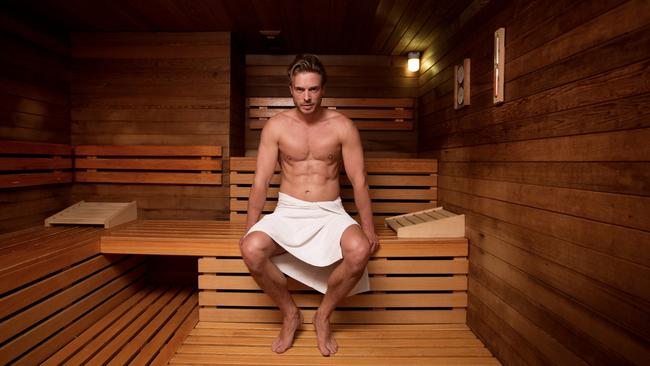
Sort out excessive snoring
Obstructive sleep apnoea, or OSA, is a condition where the walls of the throat relax to cause abnormal breathing patterns and lower levels of oxygen in the body. According to the British Lung Foundation, it is estimated to affect about 1.5 million people, although 85 per cent of the people thought to have it are undiagnosed. It’s particularly common in male, middle-aged, elderly and overweight people and one of the key symptoms is excessive snoring.
According to recent research from the University of Buffalo in New York, those who have OSA might also be more prone to weaker bones. Thikriat Al-Jewair, associate professor of orthodontics at Buffalo and lead author of the paper, used a special type of x-ray called “cone beam computed tomography” to assess bone health in the heads and necks of 38 adults, 50 per cent of whom had OSA. She found that those with sleep apnoea had significantly lower bone mineral density than those without it. Al-Jewair says treating the condition could reduce “propensity for low bone-mineral density” - if you are a heavy snorer, your GP may refer you to a sleep clinic for tests.
The Times

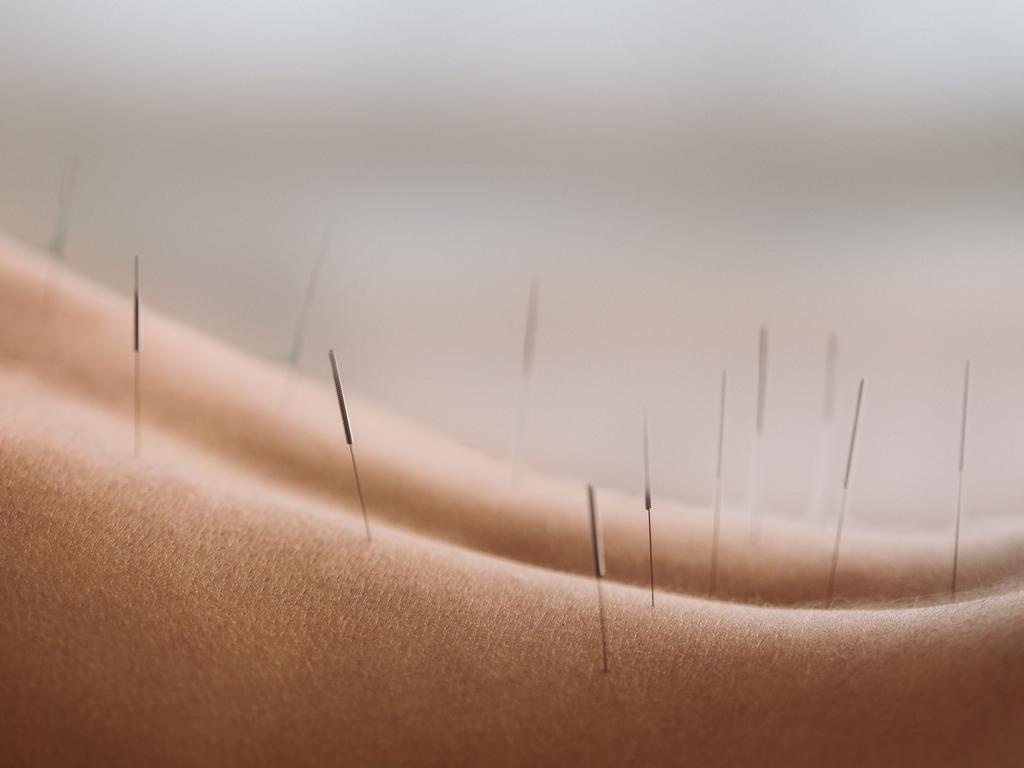

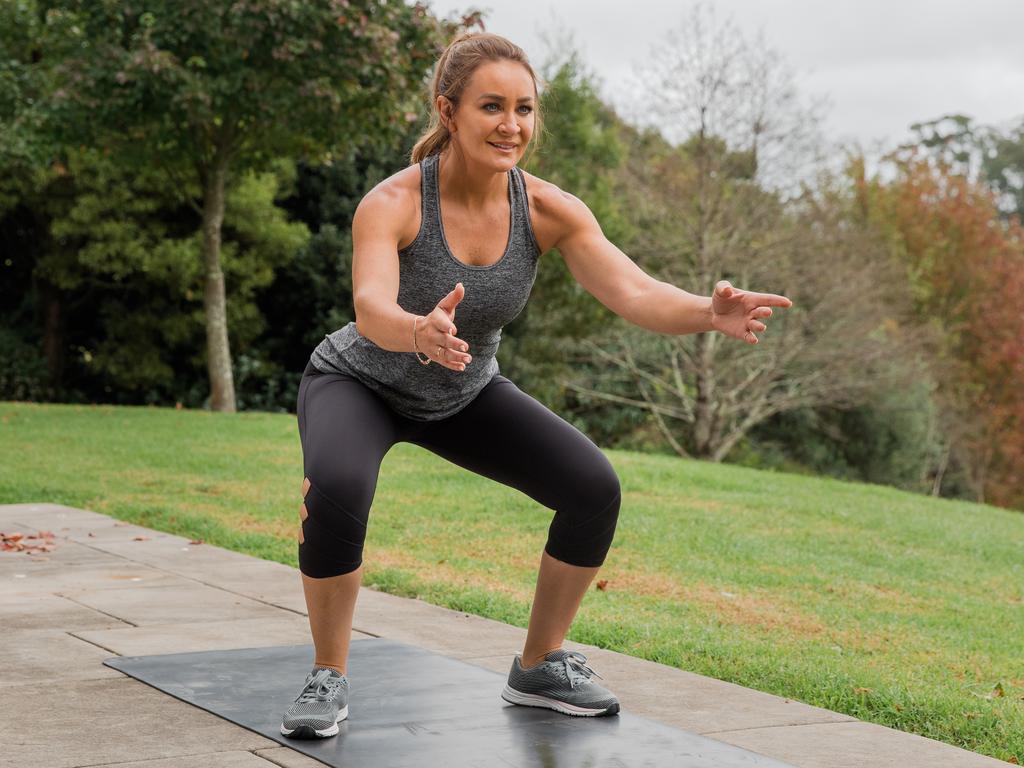
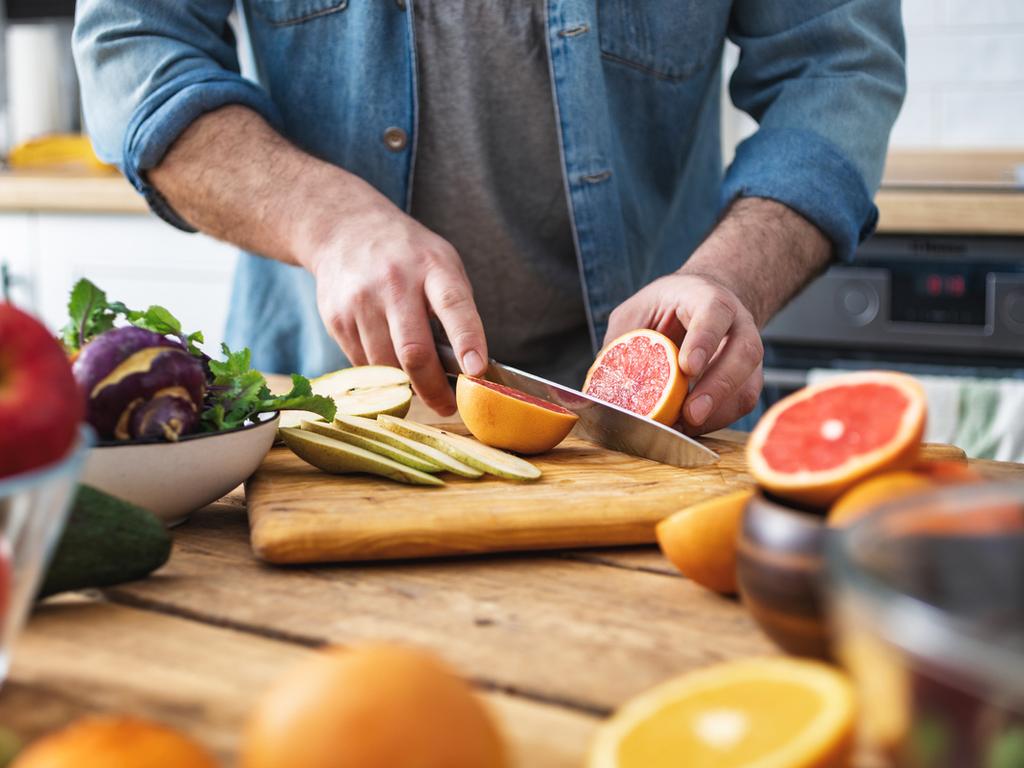


To join the conversation, please log in. Don't have an account? Register
Join the conversation, you are commenting as Logout